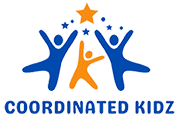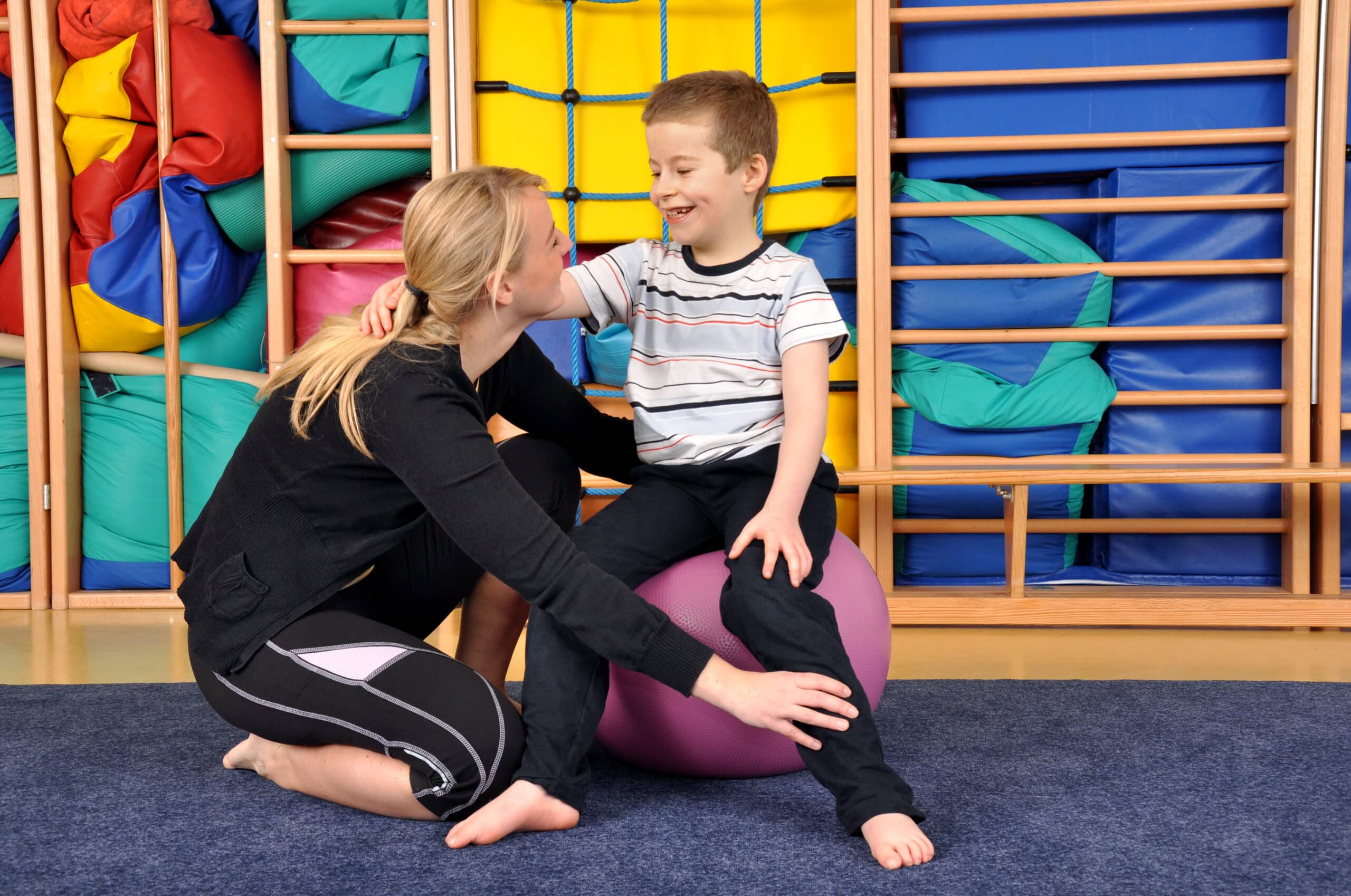Global developmental delay (GDD) is defined as evidence of significant delays in two or more developmental domains (Physical, Social/Emotional, Cognitive, Speech/Language).
Children with Global Developmental Delay typically take longer to develop new skills in their early years and may lack foundational movement skills required to learn e.g. motor planning, coordination and muscle strength. Children who are diagnosed with GDD will often need additional support in educational settings and at home to help them catch up to their peers.
Children with Global Developmental Delay can display a number of signs which can include social, language, cognitive and motor development. These might include:
- Difficulties with speech (sounds and words)
- Slow language development: not meeting language milestones
- Difficulties combining physical movements into a controlled sequence, learning basic movement patterns and/or remembering the next movement in a sequence
- Difficulties with age appropriate writing skills.
- Poor balance
- Problems with spatial awareness
- Trouble picking up and holding onto simple objects due to reduced muscle tone.
- Trouble with body awareness
Exercise Physiology support and activities that can support the child can include:
- Develop activities that are play based to encourage resistance training and improve muscle strength and tone.
- Developing the underlying skills necessary to build gross motor (whole body skills) such as crawling, walking, running and jumping.
- Building confidence to enable a child to willingly participate in activities and keep up with their peers.
- Task complexity – developing a skill first and then progressively increasing the complexity. For example kicking a ball, to kicking a ball whilst running.
- Improving balance and coordination
- Providing activities that are ‘just right challenge’ level or lower than this to build self confidence and encourage task engagement.
- Breaking down tasks into smaller components – that will allow for skill development.
- Complete activities to support attention – predominantly through play based activities.
- Cardiovascular based activities to improve stamina.


Leave A Comment
You must be logged in to post a comment.